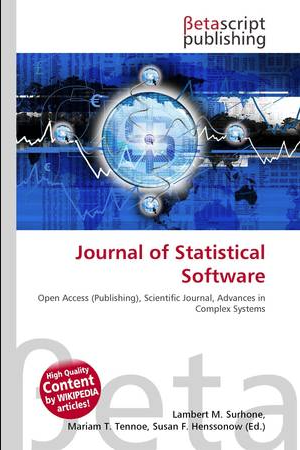REndo:解决内生性的内部工具变量
IF 8.1
2区 计算机科学
Q1 COMPUTER SCIENCE, INTERDISCIPLINARY APPLICATIONS
引用次数: 1
摘要
本文章由计算机程序翻译,如有差异,请以英文原文为准。
REndo: Internal Instrumental Variables to Address Endogeneity
Endogeneity is a common problem in any causal analysis. It arises when the independence assumption between an explanatory variable and the error in a statistical model is violated. The causes of endogeneity are manifold and include response bias in surveys, omission of important explanatory variables, or simultaneity between explanatory and response variables. Instrumental variable estimation provides a possible solution. However, valid and strong external instruments are difficult to find. Consequently, internal instrumental variable approaches have been proposed to correct for endogeneity without relying on external instruments. The R package REndo implements various internal instrumental variable approaches, i.e., latent instrumental variables estimation (Ebbes, Wedel, Boeckenholt, and Steerneman 2005), higher moments estimation (Lewbel 1997), heteroscedastic error estimation (Lewbel 2012), joint estimation using copula (Park and Gupta 2012) and multilevel generalized method of moments estimation (Kim and Frees 2007). Package usage is illustrated on simulated and real-world data.
求助全文
通过发布文献求助,成功后即可免费获取论文全文。
去求助
来源期刊

Journal of Statistical Software
工程技术-计算机:跨学科应用
CiteScore
10.70
自引率
1.70%
发文量
40
审稿时长
6-12 weeks
期刊介绍:
The Journal of Statistical Software (JSS) publishes open-source software and corresponding reproducible articles discussing all aspects of the design, implementation, documentation, application, evaluation, comparison, maintainance and distribution of software dedicated to improvement of state-of-the-art in statistical computing in all areas of empirical research. Open-source code and articles are jointly reviewed and published in this journal and should be accessible to a broad community of practitioners, teachers, and researchers in the field of statistics.
 求助内容:
求助内容: 应助结果提醒方式:
应助结果提醒方式:


